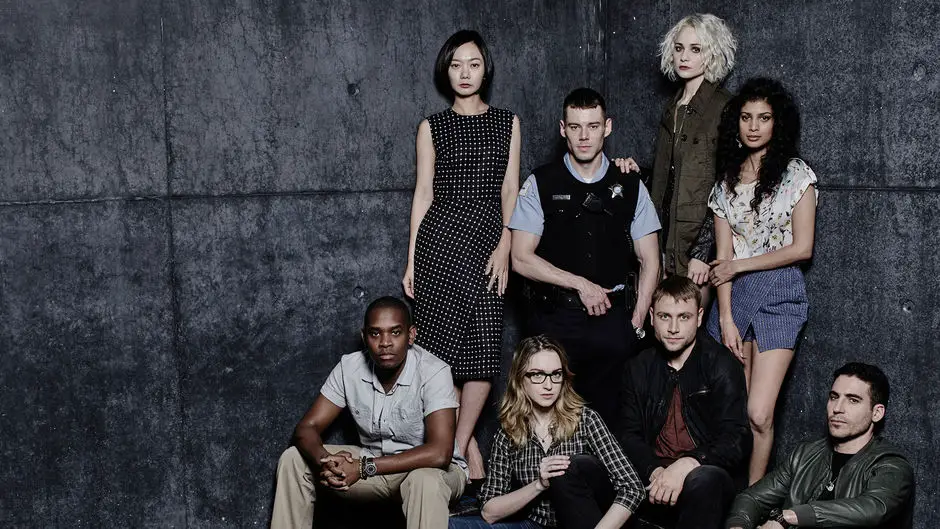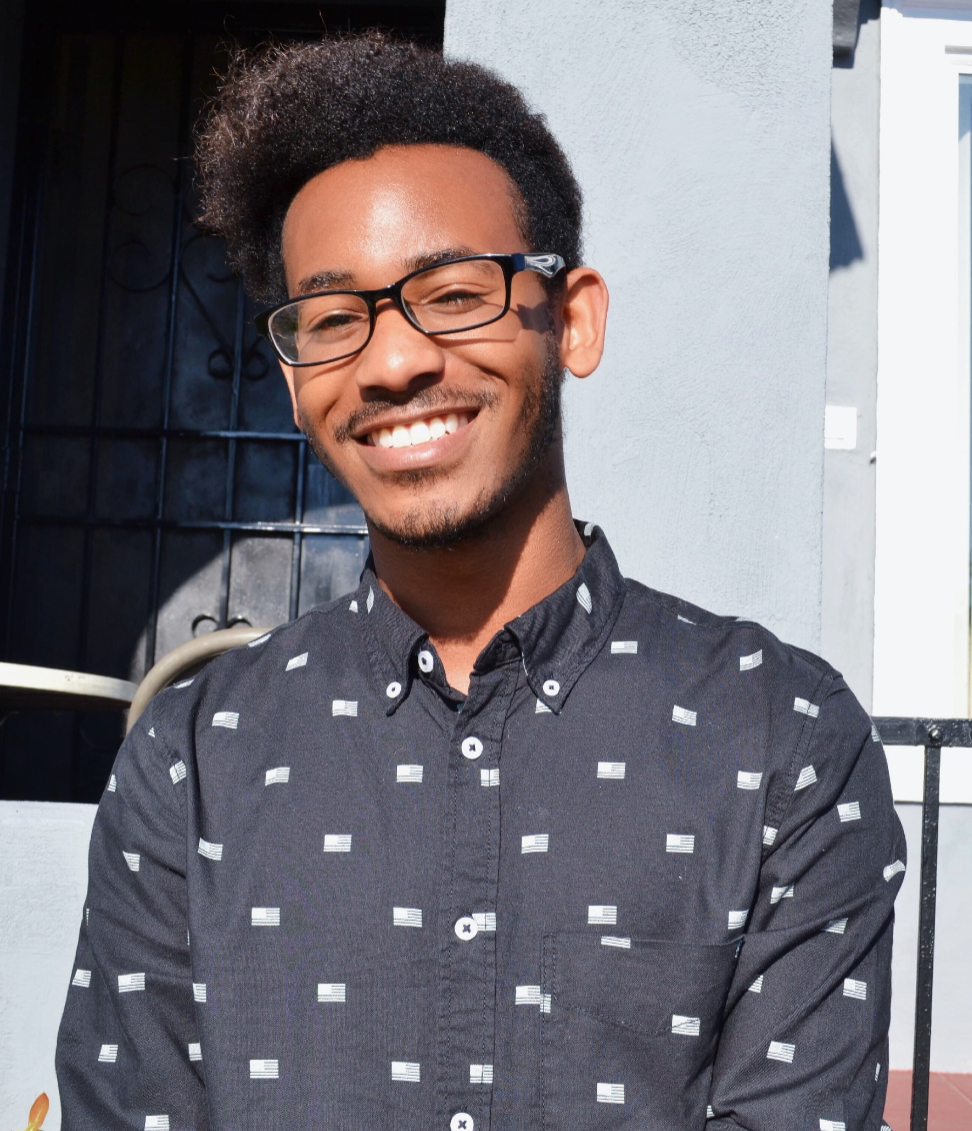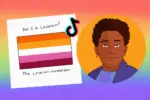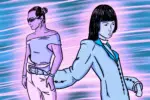The world of Netflix is a different place from where it once started. Available in approximately 200 countries, Netflix has shown its massive influence over entertainment in the present day. The essence of their original films and television shows is gaining them high popularity, massive audiences, and people rushing to create even more projects with them.
Known for its creativity, Netflix is one of the ideals in the entertainment industries to work at around this time. They release new projects year after year, month after month and day after day. Today, there is so much content on Netflix that people claim there is no reason to go anywhere else.
Yet, it is still a tall order to find the shows and films headlined by queer characters. Yes, there are shows that can be classified as “queer shows,” but how many of them come from Netflix and not some other production company?
There is “Sense8,” a fantastically produced show, which, unsurprisingly, was headed for cancellation until the fans petitioned for a finale. “The Get Down,” which had the opportunity to explore Dizzee’s (Jaden Smith) queer identity after the first two parts of the series, was called for cancellation.
Netflix has “Orange Is the New Black,” a well-known show that does feature queer women, yet they are in prison, specifying the queer identity to one instance. A new show, “Schitt’s Creek,” created by Eugene and Daniel Levy has David’s (Daniel Levy) character as pansexual, yet his identity is diminished over the essence of the show.
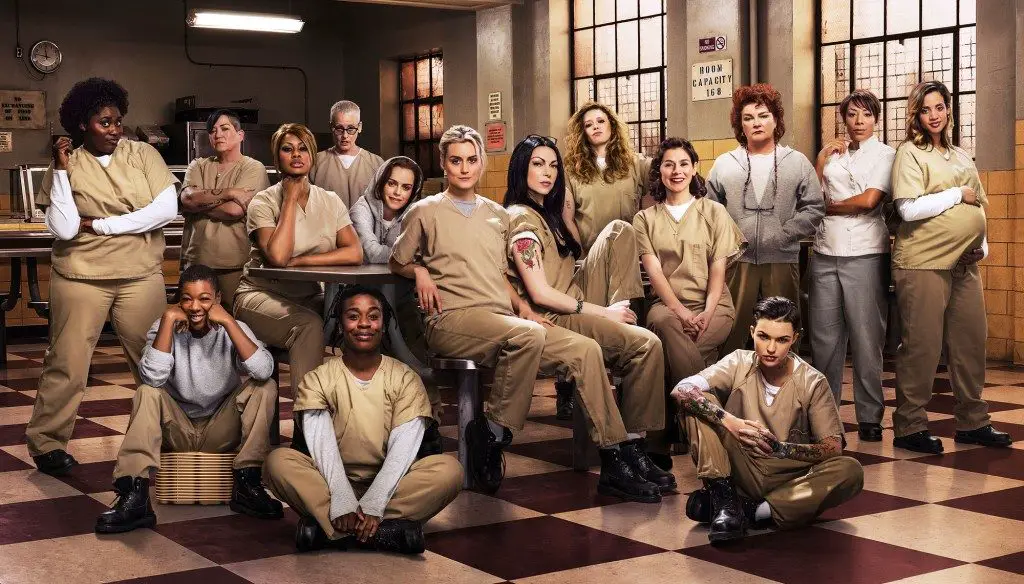
There was even an instance, for those who watch “Stranger Things,” in which it was eluded that Will (Noah Schnapp) was teased because he is gay. While the standards aren’t the same as the show is principled by young teens and obviously has other issues to deal with, the curiosity behind Will’s identity weakened within the second season.
Of course, Will had direr issues to deal with, such as making sure the Demogorgon wouldn’t kill him and his town, but during the dance at the end of the season, every character managed to partner up with someone of the opposite sex. I mean, come on Duffer brothers, out of all the male characters in the show not one of them is queer? I guess it’s one of those instances where we’ll have to wait until season three to figure that one out.
Yet, Netflix continues to engage its audience in shows bypassing the principle existence of queer people. Constantly there are shows with themes of war, action, horror, comedy and drama, but not many have developed queer characters. Some of the new shows, such as “Lovesick,” “Glow” “Love” and “Disjointed,” have the opportunity to showcase queer identity but don’t.
Where’s the transgender parent that owns a weed shop and struggles with it because they’re transgender? Where’s the show about the insides to the world of male wrestling and the possible love stories there? Or, where’s the sexually fluid girl who contracts some disease and has to inform her former partners of different genders? The only decent show that does constantly talk about queer identity, in a sense, is an animated one, “Big Mouth.”
The shows that do endure queer identity are some that aren’t originated by Netflix. “Queer as Folk,” “The L Word” “Skins” “London Spy” and “Please Like Me” are only brought back into the mainstream because of Netflix, but they don’t extend the praise beyond Netflix’s industry. In certain articles and reviews, these shows are cast as Netflix’s great queer shows, but technically and realistically, aren’t Netflix’s at all. It is not that every character has to be queer and push their identity, but if these identities aren’t seen, they are forgotten.
Netflix’ excusal of queer shows is the embodiment of displacing queer stories in this time of “streaming utopia,” where everyone is supposed to get their fix, their guilty pleasure, their getaway from reality or reflection of their own life. For numerous queer individuals looking to find that comfort, that duality isn’t there. The access to that expression is hidden as they must search for hours and through pages of titles to find one that they love.
Many shows with queer characters that are being pushed to the forefront end before they can even begin, which is starting to form a new pattern in the TV industry. As with “Sense8” and “The Get Down,” important queer icons are being cut-off from the show’s exploration.
Maybe this has deeper issues within the way American media views sexuality. America is known for its struggles in shying away from change and equality, especially in media, so it can lead to wonder if American media is forcing a big X on queer representation. If so, Netflix has the opportunity to become the first mainstream industry to embody equality within their shows, as well as characters.
Netflix has done it before where they’ve made huge impacts in the world of entertainment, and it would be historical if they were to do it again. The influence it could make would be astounding, not only to have queer characters but those fully developed ones with the strength to highlight their own stories.
Netflix has received praises for its effort to represent queer people, but it’s time to take a step further. Representation is key to having queer representation is taking a new stand. Instead of acknowledging the way things are, with one or two queer characters in a show, pushing the boundaries and producing queer shows is the new stance.
Allowing those voices to be heard, they can make a difference and be the standard for a new generation and ideology. This is for all queer people, not just those who fall under the stereotypical label. Netflix, let’s make a difference, okay?


